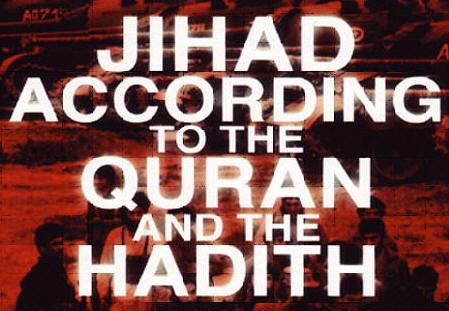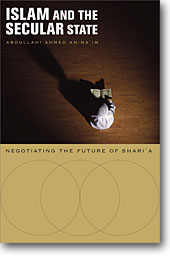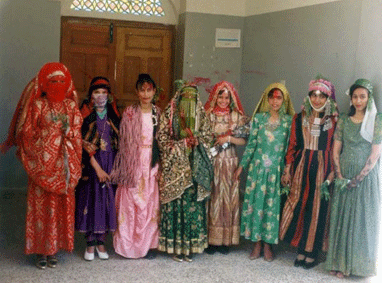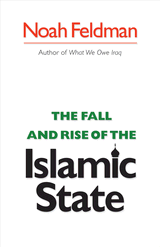
Reforming Islamic family law within the religious framework: the « best practices » strategy
by Khalid Chraibi
Many people in the Muslim world believe, wrongly, that shari’ah is a compilation of legal rules which are uniformly applied in all Muslim countries. But, the facts are otherwise: these rules vary significantly from one country to another, as well as over time. As a result, the status of women in Muslim countries, which is ruled by shari’ah, differs in many ways from one country to another. On any given issue, some national “personal status codes†grant more rights to women or better protect their interests than other codes.
According to feminine NGOs working in the field of Muslim women’s rights, if Governments accepted to apply the more favourable rules on any Islamic family law issue (designated as the “best practicesâ€), this would contribute significantly to the reform of family law “within the religious frameworkâ€, bringing it closer to contemporary international standards. Continue reading Reforming Islamic family law






